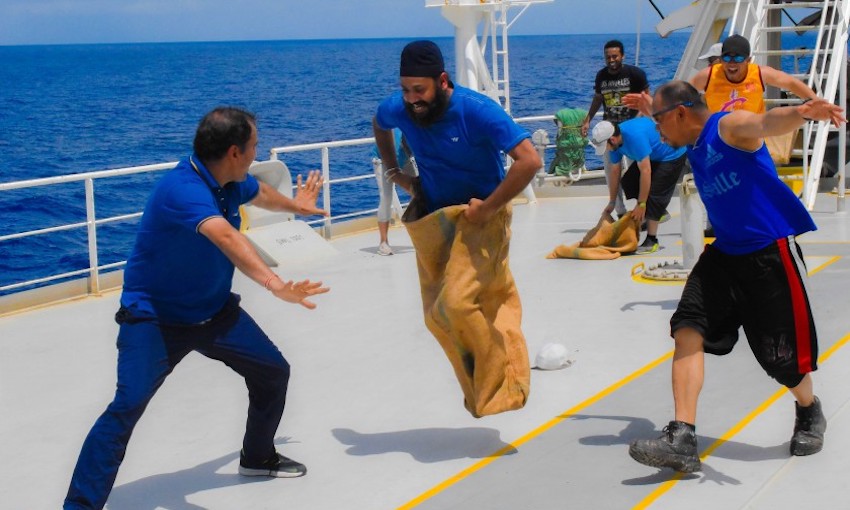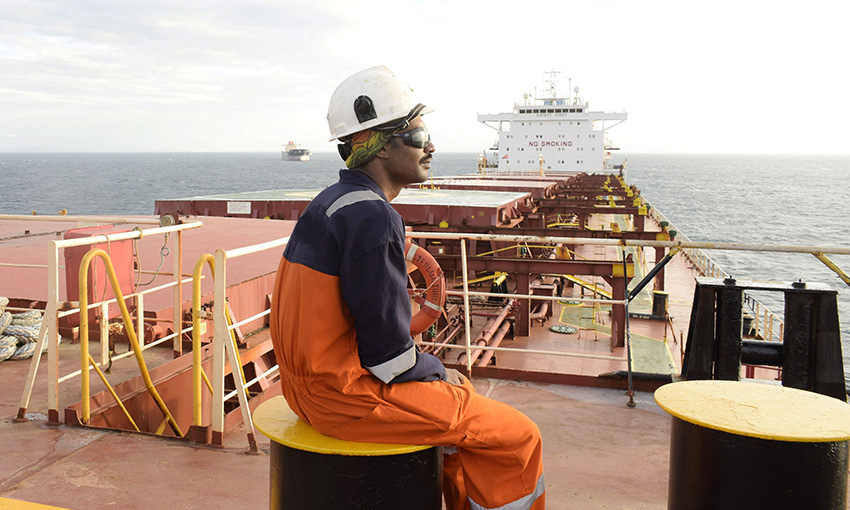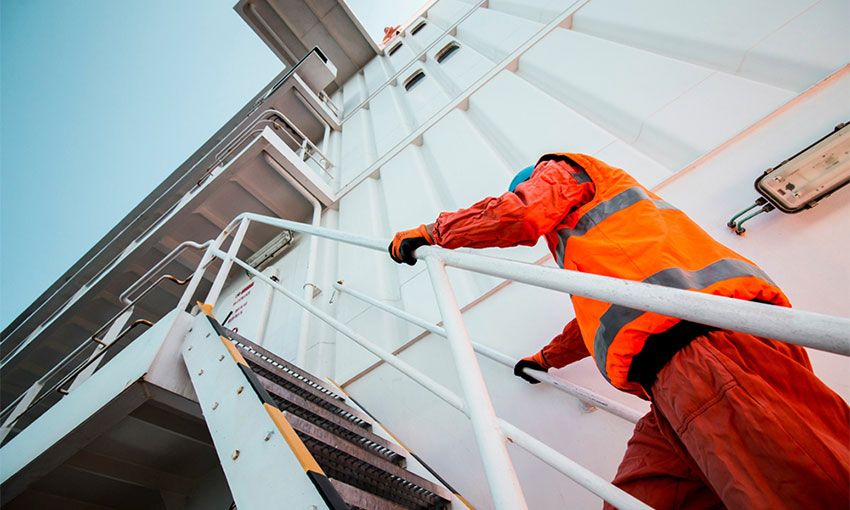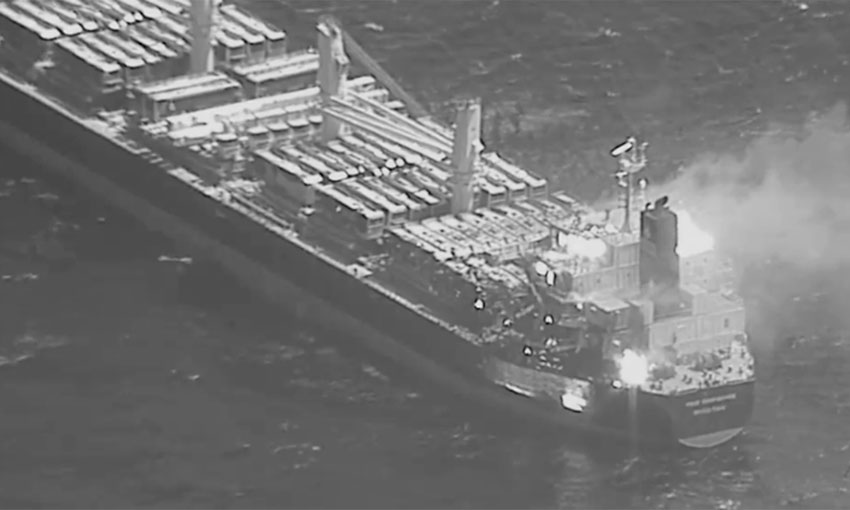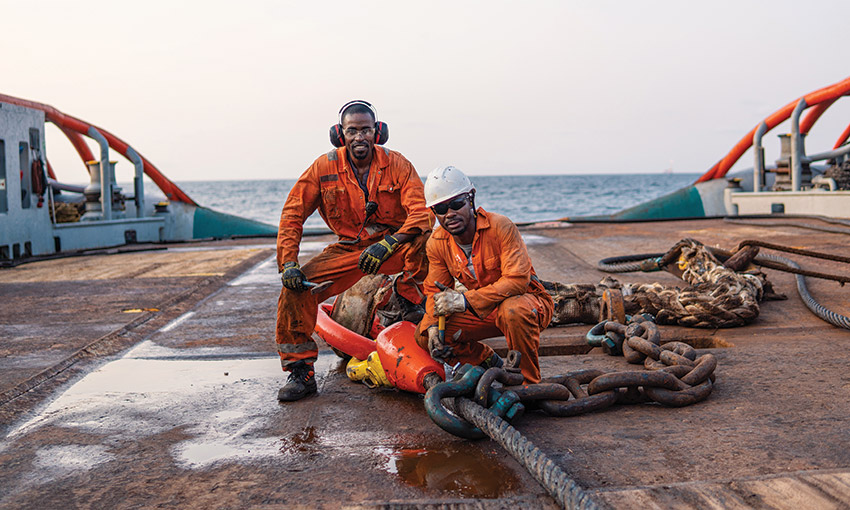NEW research from the International Seafarers’ Welfare and Assistance Network has confirmed a link between social interaction and crew wellbeing at sea.
The Social Interaction Matters (SIM) Project Report Phase Two contains findings from the charity’s Social Interaction Matters project, which gathered first-hand accounts from seafarers on 21 different vessels across 10 shipping companies.
ISWAN examined project data to explore the impacts, drivers and barriers of social interaction while living and working on board.
SIM research lead Dr Kate Pike said the project indicated that social interaction promotes mental and physical health and provides an essential outlet for seafarers from their work on board.
“It enables all crew to get to know each other better which supports a caring environment that helps to develop a strong safety culture where people look out for each other,” Dr Pike said.
“Social interaction and activities are not just pleasurable pastimes; they are a necessity that should be fully supported by shipping companies and strong leadership on board and ashore.”
The findings highlight the importance of engaged leadership both on board and ashore to encourage crew participation in social activities.
ISWAN said vessels in the SIM trials which supported their crews in this way were able to mitigate the effects of long hours, numerous port calls and other factors that typically lower seafarers’ mood.
The report also suggests clearer boundaries need to be established between work and rest time on board.
In response to the findings, ISWAN said it has developed recommendations for the shipping industry and its workforce to improve opportunities for crew to interact socially.
The guidance intends to help promote a varied program of social events tailored to different crew needs and diversities, and to different voyage plans and vessel specifications.
Among the report recommendations is the appointment of a voluntary social ambassador on board every vessel to help convene social activities and promote crew engagement.
Another recommendation is the provision of free WiFi services for crew to stay in contact with family and friends and access online entertainment.
ISWAN said its report concludes that further research is needed into the effects of fatigue and its impact on seafarers’ mental health.
ISWAN project manager Georgia Allen said understanding the importance of social interaction at sea is an important step in improving seafarer wellbeing.
“Much like the lives of the seafarers we sought to understand more about, phase two of the project has resulted in a richly diverse and fascinating body of data which has laid the foundations for much more work to come,” Ms Allen said.
The SIM project is funded by the Maritime and Coastguard Agency and Red Ensign Group, which sponsored the project with support from Trinity House and funding from the UK government.
Katy Ware, director of UK maritime services and permanent representative of the UK to the International Maritime Organization, Maritime and Coastguard Agency said she was delighted to see the outcomes of the work.
“There are many aspects of life at sea that cannot change, but this research shows that wellbeing is not one of them and it can be improved by strengthening social interaction, particularly alongside organisational commitment.”

